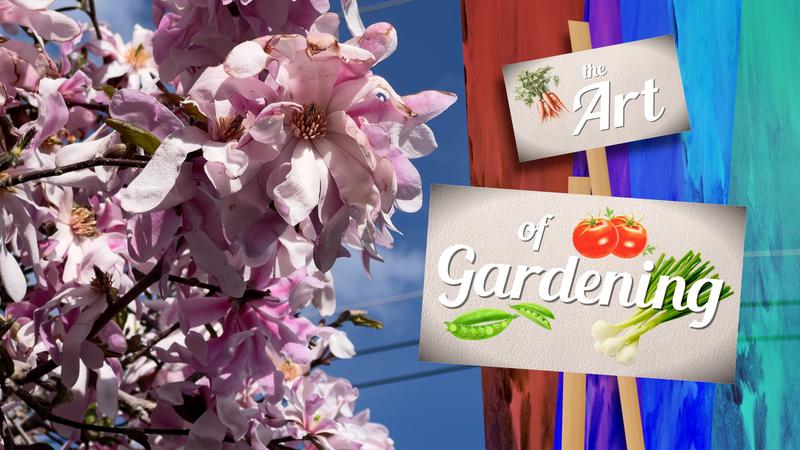
Sugarcane Oscar nomination spurs swell of emotions amongst Williams Lake First Nation
WILLIAMS LAKE, B.C. — A Canadian-made documentary film shot in the Williams Lake and Canim Lake area has been nominated for best documentary film at the 97th Academy Awards.
Sugarcane follows the experiences of filmmaker Julian Brave Noisecat and his father, as they learn details about their family and the history of the St. Joseph’s Mission near Williams Lake. The documentary also covers the ongoing investigation into abuse, missing children and unmarked graves at the former Indian Residential School.
Speaking to CFJC, Kúkpi7 Willie Sellars says he was on the phone with Noisecat and director Emily Kassie early Thursday (Jan. 23) morning after hearing of the Oscar nomination.


